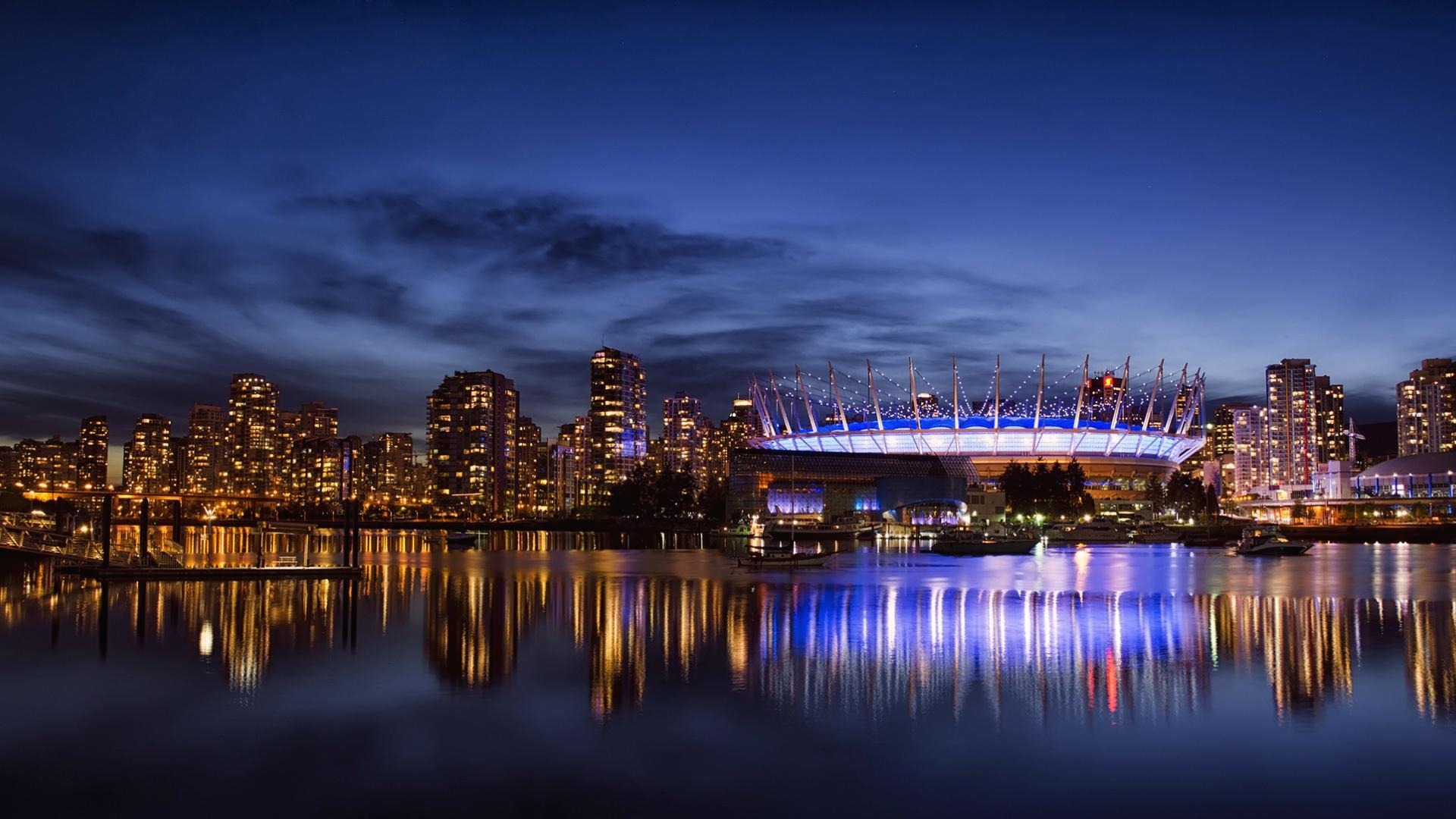Zero-emission hydrogen heavy trucks to hit Kiwi roads
The first heavy trucks powered by zero-emissions hydrogen fuel cells are set to be hauling freight on New Zealand highways as soon as early next year.
In a key step toward establishing a hydrogen transport infrastructure, Hiringa Energy and US-based Hyzon Motors have announced a heads of agreement that secures access for Hiringa and its fleet partners to the supply of zero-emission heavy goods vehicles powered by hydrogen fuel cells.
Fuel cell electric vehicles (FCEVs) combine hydrogen (stored onboard the vehicle) and oxygen (from the atmosphere) to generate electricity that powers the vehicle. The only tailpipe emission is water vapour.

Hyzon and Hiringa Energy have teamed up to bring hydrogen-powered heavy trucks to New Zealand
FCEV trucks have the benefit of being an electric vehicle, but with comparable weight and power to diesel-powered trucks, and have a similar refuelling time of around 15-20 minutes
Hyzon Motors, based in New York, is developing a range of heavy and medium trucks along with buses and coaches powered by PEM (proton-exchange membrane) fuel cells.
The global launch for the first production vehicles is expected in late-2020 and work is also continuing on both light truck and van models, as well as a 140-tonne road train application for use in parts of Australia.
New Plymouth-based Hiringa Energy and its partners plan to roll out over 1500 FCEVs by 2026. The trucks will come in a variety of right-hand-drive configurations with a gross combined mass (GCM) of over 50-tonne including 8x4 and 6x4 rigid and prime movers with driving distances of up to 500km.
“This is an exciting milestone for Hiringa Energy and our partners,’’ said Dan Khan, Hiringa’s chief technology officer.

Fuel cell electric vehicles (FCEVs) combine hydrogen (stored onboard the vehicle) and oxygen (from the atmosphere) to generate electricity that powers the vehicle. The only tailpipe emission is water vapour.
“It comes on the back of over three years of detailed planning and analysis working together with heavy fleet operators, government and leading technology vendors such as HYZON Motors.
“The FCEV truck market is growing rapidly, with enormous demand coming out of the US and Europe.
“So, for New Zealand to be able to secure this agreement with Hyzon demonstrates New Zealand’s leadership in how we are approaching the hydrogen FCEV opportunity.
“We look forward to getting these trucks on our roads early next year and putting them through their paces prior to widespread rollout for the New Zealand trucking industry in 2022.’’
The initial phase comprises 20 trucks in 2021. The trucks will be fuelled by Hiringa’s nationwide hydrogen refuelling network located at partner sites such as Waitomo Group’s existing fuel stops.
The network will expand to eight stations across the North and South Islands by 2022 as part of a phase 1 network plan. It’s estimated the network will be able to service 100 per cent of North Island and 82 per cent of South Island heavy freight routes.
Phase 2 will expand the network to at least 24 stations by 2025, providing coverage for 95 per cent of New Zealand’s heavy vehicle routes.
“The Hiringa hydrogen infrastructure deployment will position New Zealand to become a global leader in the adoption of zero-emission heavy vehicle technology, and we are pleased to be playing a majorpart in this transition,’’ said Craig Knight, co-founder of Hyzon Motors.
part in this transition,’’ said Craig Knight, co-founder of Hyzon Motors.

An artist’s impression of hydrogen fuel cell heavy trucks on Kiwi roads.
“We see NZ as an early adopter, and almost unique in being able to establish a minimum viable network on hydrogen filling right off the bat.
“Hiringa has strong support from trucking companies, government and commercial partners to get working on decarbonisation of commercial transport at a far quicker pace than most believe possible.”
He said Hyzon’s heavy-duty fuel cells were “best in class” in terms of durability and power output.
“This heads of agreement with Hiringa closely follows the signing of an agreement for Hyzon to supply hydrogen fuel cell-powered coaches to Western Australian iron ore miner Fortescue Metals Group’s Christmas Creek operations. We are excited to be rapidly growing our presence in Australia and New Zealand and look forward to playing our part in the global decarbonisation story,” Knight said.
Establishing hydrogen as a viable heavy transport fuel requires investment in the refuelling network, suitable vehicles and partners willing to operate them.
“New Zealand is set to be one of the first countries in the world to be able to offer a zero-emission national supply chain,’’ said Andrew Clennett, CEO of Hiringa.“This agreement helps bring a major piece of the puzzle together for zero-emission supply chains, delivering an exciting solution for the high utilisation heavy trucking sector, and complements the partnerships we have been growing with trucking industry leaders such as TIL Group and TR Group,’’
The New Zealand government has recently confirmed provisional support of $20 million towards the establishment of Hiringa’s nationwide refuelling network
https://www.stuff.co.nz/motoring/122636171/zeroemission-hydrogen-heavy-trucks-to-hit-kiwi-roads
Zero-emission hydrogen heavy trucks to hit Kiwi roads
The first heavy trucks powered by zero-emissions hydrogen fuel cells are set to be hauling freight on New Zealand highways as soon as early next year.
www.stuff.co.nz
'Fuel Cell' 카테고리의 다른 글
| Japanese companies to develop fuel cell vessel (0) | 2020.09.02 |
|---|---|
| Toyota Lunar Cruiser could take hydrogen fuel-cell tech to the moon (0) | 2020.09.02 |
| 発電所並みの燃料電池バスから「電気のバケツリレー」、トヨタとホンダで実証実験 (0) | 2020.09.02 |
| Hydrogen vehicle fuel cells are getting cheaper and more sustainable (0) | 2020.08.31 |
| ビール工場排水 発電に利用 長崎製の燃料電池を納入 (0) | 2020.08.31 |


